How do you publish and distribute comics during a pandemic? It seems like a Herculean task, to say the least. And yet, there are plenty of small press publishers out there doing just that, right now. One of these publishers is HIVEWORKS COMICS.
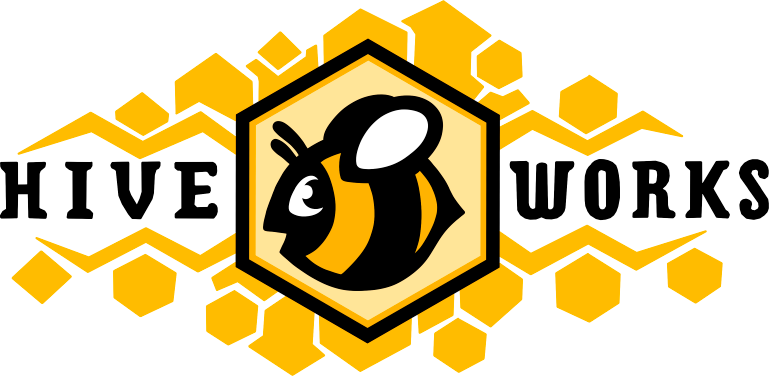
Hiveworks Comics is a creator-owned comics and graphic novel publisher focused on free-to-read webcomics.
Launched at the end of 2011, Hiveworks began as a cooperation between longtime webcomic creators Erin Burt, Chloé C, Isabelle Melançon, Megan Lavey-Heaton, Yamino, and Chris Hazelton, and run by internet enthusiast Xellette Stillwell.
An internet company as well as a publisher, Hiveworks works to develop tools and resources for the webcomic industry. Hive operates its own internal advertising network, optimized to share readership across many comics and use the existing lineup of comics’ millions of readers to support creators. Additionally, Hive helps fund and develop Erin Burt’s proprietary ComicControl CMS – a once-exclusive and soon-to-be open and free publishing system for webcomic creators.
You can find out more about Hiveworks Comics by visiting their website or by following them on Twitter or Instagram.
I thought I would send Isabelle Melançon some questions about what publishing is like in these strange times, and they were kind enough to answer
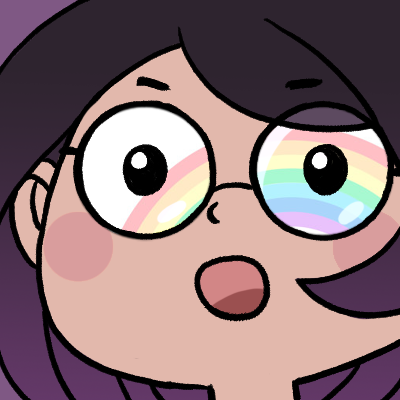
Out of all the things you could possibly be doing with your time, you all decided to publish comics. Why is that?
When Hiveworks was started, webcomics were still mostly ignored by larger publishers and platforms such as Tapastic and Webtoons were not yet available in English. Most creators worked independently, and webcomics featured a range of voices and stories that was unmatched elsewhere. We basically started it because we were a group of creators that wanted to build a support system for creators. Since it was created by creators, I suppose you could say we did it because we were already in the comic world, and we wanted to improve it and help direct any changes in it in a way that benefits creators.
How has the world of comics publishing been impacted by the pandemic?
From my point of view, there was a creative impact and an economic impact. Ad revenue, merchandise and book sales, and reader contributions through platforms such as Patreon are impacted by how much companies and readers are ready to invest. A few artists were very impacted, others less. Creatively, we were all impacted. Many of us found it very difficult to create continuously in such a stressful time, which is not great when you work on a serial comic – people expect you to update. There were some positives too, a few comics got more readers due to readers being stuck at home and indulging in free content, but sadly because ad value was impacted by the pandemic, monetizing this growth has been difficult.
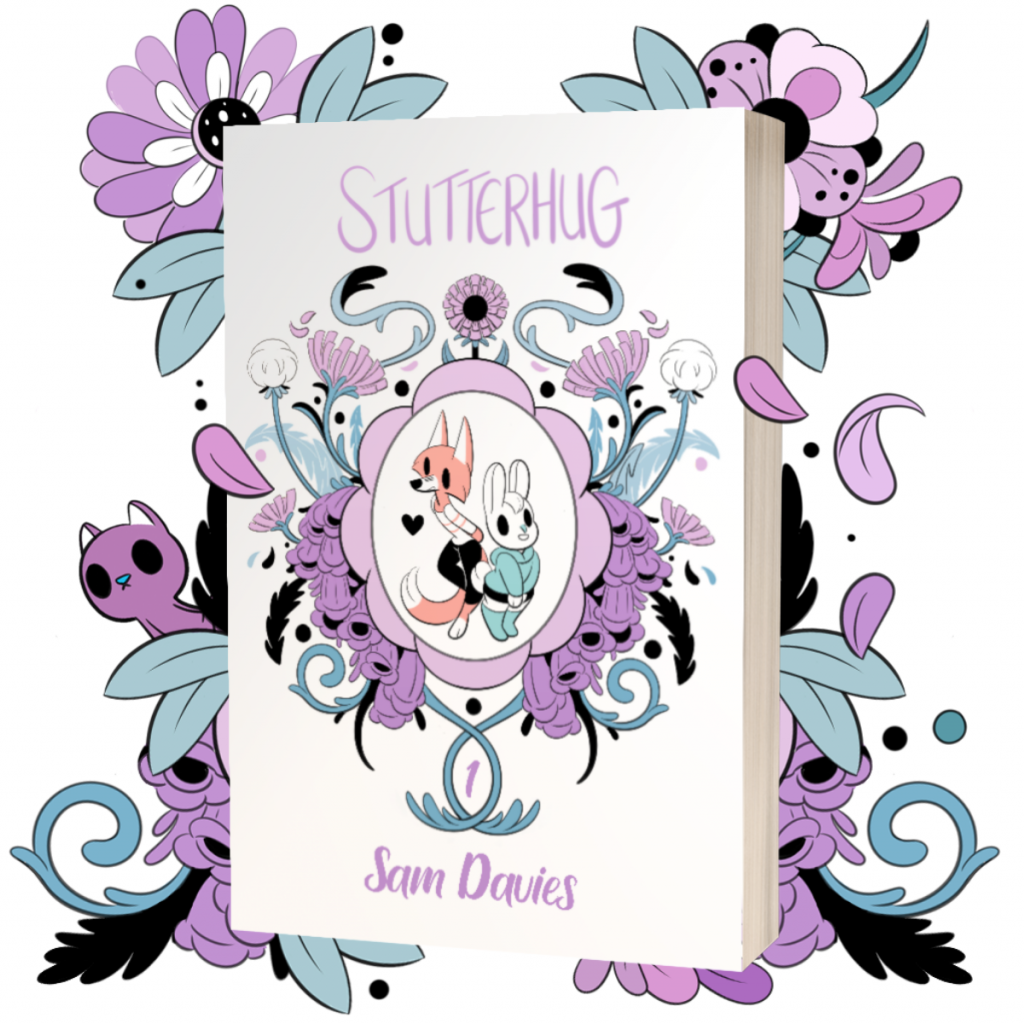
What would you say is the ethos of Hiveworks? Are there particular types of books you look to publish?
Our focus is on supporting independent creators – we aim to offer services and partnerships that allow creators to keep their work independent while still getting all the benefits of licensing their work. That’s why we have made distribution partnerships with companies like Seven Seas. We are interested in books that are unique, made by LGBTQA+ creators, and not necessarily following a 3 arc structure. We don’t have a focus on fantasy, but we are known for having really good fantasy comics, so we get a lot of pitches for those in consequence!
What is it like working on a major project like trying to fulfill your latest Kickstarter during the COVID-19 pandemic? Has anything changed about your process or your planning?
A lot of the suppliers, and suppliers of suppliers, are impacted by COVID. It gave us longer wait times for production, suppliers that straight up closed, and often initial estimates that were now incorrect. Not to mention shipping was very impacted by COVID – it’s basically Christmas mail traffic levels, but all the time. It teaches your team to go with the flow and improvise a bit more, but since most backers are very kind and understanding, it’s not too stressful. The staff we have in our team working on merch production and Kickstarter fulfillment are also very good at managing delays and backer communications, which keeps things running smoothly.
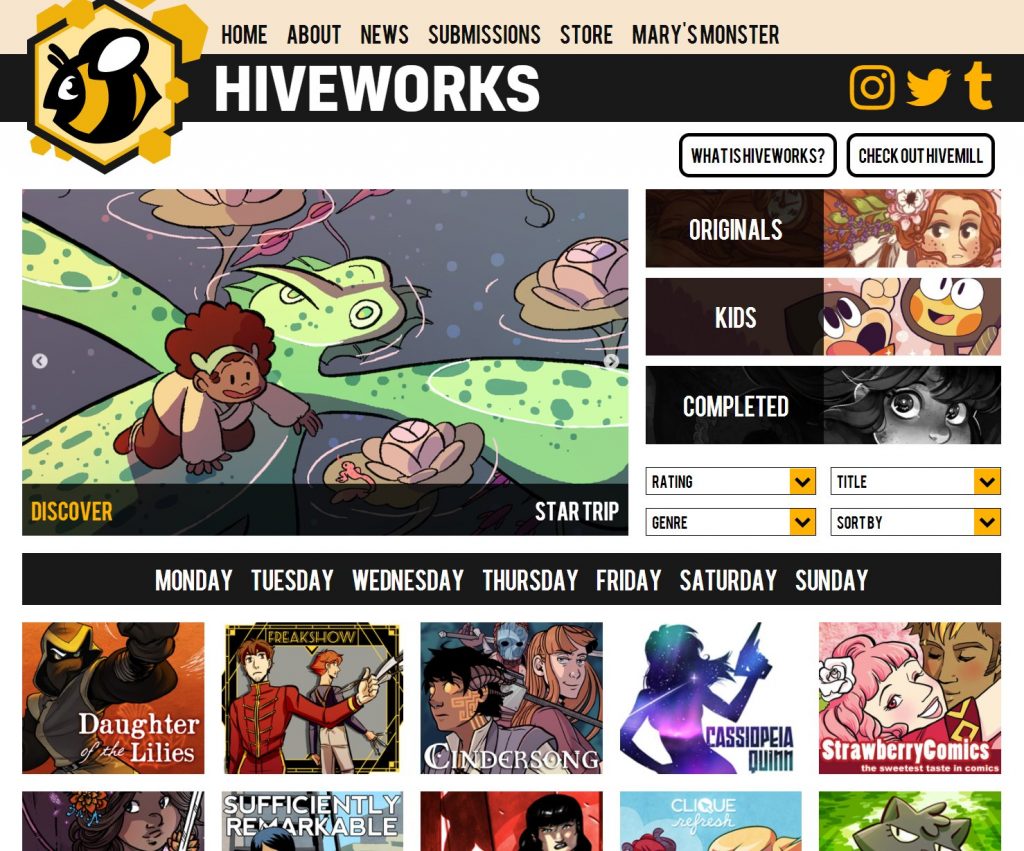
What do you think the world of small press comics looks like when this pandemic is all said and done? What role do you think small presses like yours have in the aftermath of all of this?
A few smaller publishers will probably be gone after the pandemic. But a lot will still be present, and new ones will be created after the pandemic. Small press and independent creators will always exist, no matter what happens. Even if being a larger company makes it easier to weather a storm, the fact of the matter is that larger publishers can’t print all the comics in existence, and will focus primarily on works that fit their catalogue and sales goals. Smaller companies and artist collectives exist to give space for new ideas to bloom, ideas that eventually are picked up by larger companies after they become more mainstream or popular. Independent creators will have the same role they have always had – to create something new, something personal. Even when times are tough, the underground movement always sticks around in some form.
How do you all find the people you work with? Do you offer mentoring or other services to those people?
We have had an ongoing submission for years, and we also keep an eye out on social media for interesting creators and comics. We offer services such as ad management, merch warehousing and shipping, editorial, hosting, and web design to all our creators.
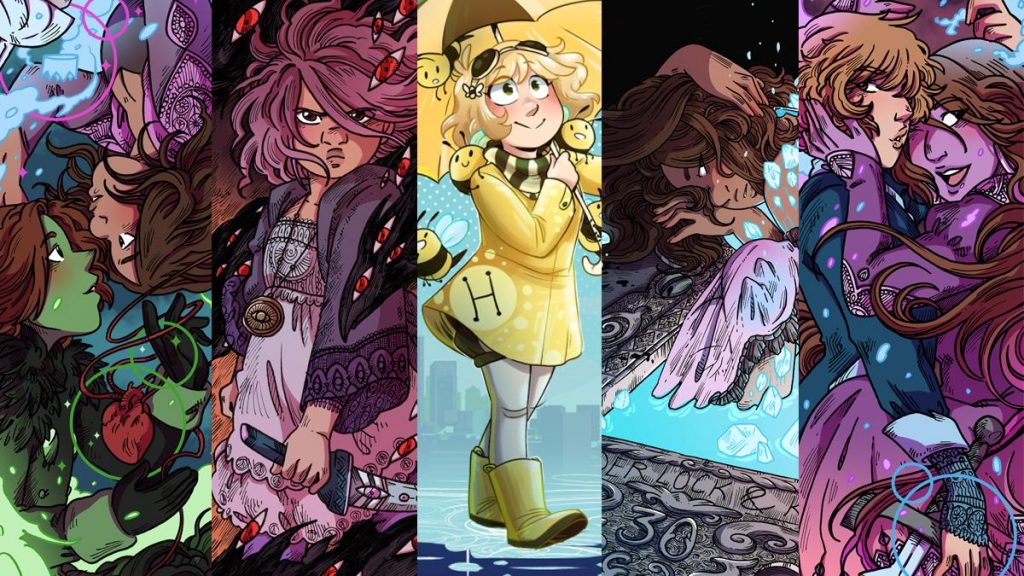
Are you considering inequities or other historical considerations (for example, working with cartoonists of color and LGBTQA+ cartoonists) as you determine your publishing slate?
Because our focus is independent creators making work for online serialization, we naturally gravitated towards authors that are not as well-represented in traditional publishing, that were working in online spaces. Picking up many LGBTQA+ creators or stories happened because of this focus (and our team is also mostly LGBTQA+ creators). That being said, when most of the management team is white creators, you need to routinely examine how well your publisher represents creators of color, and aim to always improve.
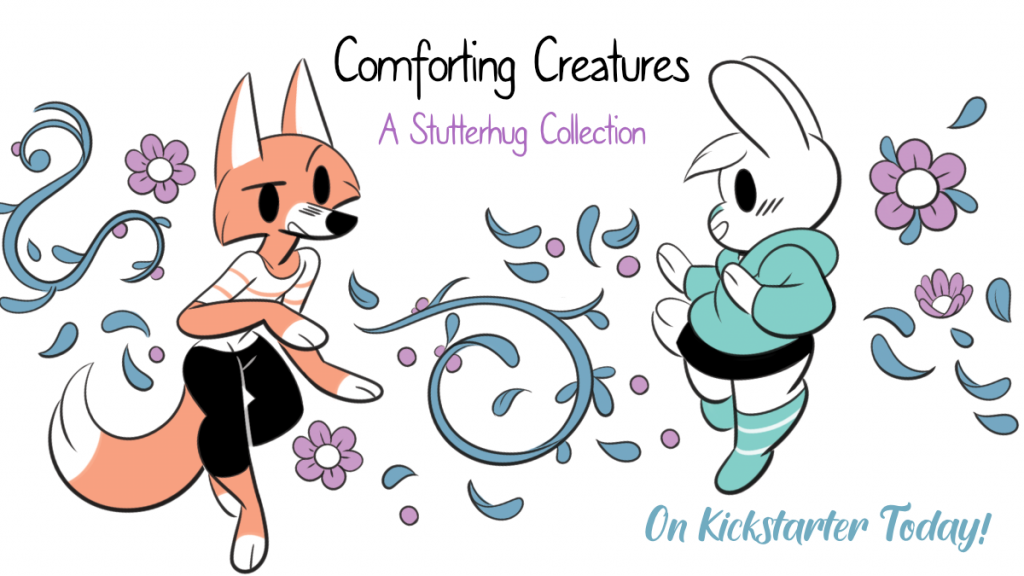
Thanks so much for your time and your words. Any last thoughts you’d like to leave with?
We encourage everyone to support webcomics! There’s this idea that printed comics are “real” and webcomics are “made by amateurs” that is incorrect. Webcomic creators have a range of voices, talents, and expertise that is flourishing and is captivating and everyone can find a few comics to love.
SOLRAD is made possible by the generous donations of readers like you. Support our Patreon campaign, or make a tax-deductible donation to our publisher, Fieldmouse Press, today.

Leave a Reply